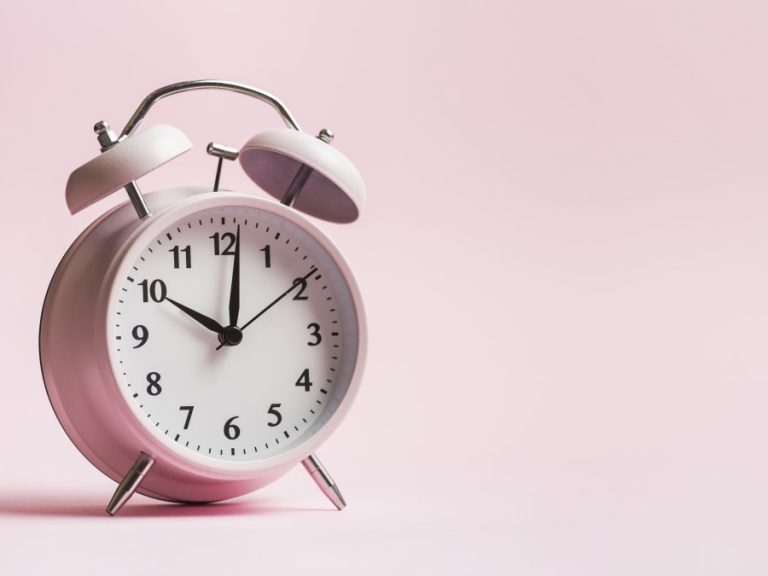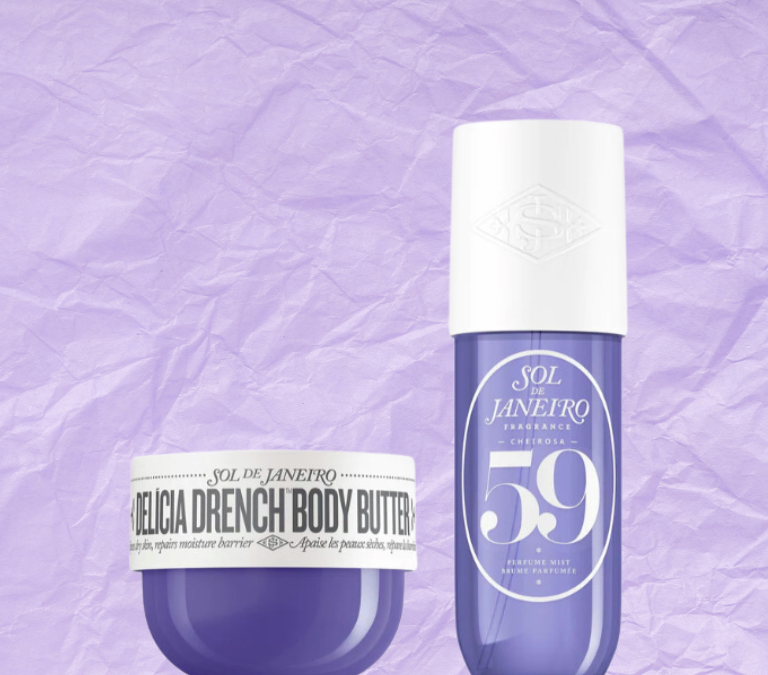Most women want healthy hair that grows faster. It is true. We are impatient. So, if the questions below have been on your mind, here are some answers.
How Does Hair Grow?
Hair, which is made of keratin and has three layers, begins growing from the root (papilla) at the base of a hair follicle. The inner layer is the medulla, the second layer is the cortex, and the outer layer is the cuticle. The roots are made up of protein cells and blood. The blood vessels in the scalp feed the root to create more cells and make the hair grow. Hair actually gets pushed up through our scalp near the sebaceous glands, which add oil (i.e., sebum) to the hair and keep it moisturized. Hair is dead by the time it reaches your scalp. We are born with all of the hair follicles we will ever have: about 5 million on our entire body, with 1 million just on our heads. This means there is no way to increase the density of your hair.
Three Hair-Growth Cycles
- Anagen phase: This active phase is when the cells in the root of the hair divide rapidly and grow about 1cm every 28 days. Scalp hair is in this phase of growth for 2 to 6 years.
- Catagen phase: When the scalp transitions from anagen phase, your hair enters the catagen or transitional phase, and only about 3% of all hair is ever in this phase at any given time. This phase lasts about 2 to 3 weeks, after which growth stops.
- Telogen phase: This last phase is the resting phase, when your hair is released and falls out. About 6% to 8% of all hair is in this phase at any given time. About 25 to 100 telogen hairs are typically shed each day. The hair follicle that remains will be inactive for three months before the entire process is repeated.
How Fast Does Hair Grow?
Ah, the question we all are dying to know the answer to! The most commonly accepted statistic is that hair on the scalp grows about 0.3mm to 0.4mm per day, or about 3 to 6 inches per year. But the truth is, as with all things hair- and health-related, it depends.
“The rate of growth can be influenced by any number of variables,” Elizabeth Cunnane Phillips, a trichologist at the Philip Kingsley Clinic told Huffington Post. Those variables include “health, dietary habits, and endocrine function including thyroid, low iron or anemia … All of these have the capacity to influence hair growth and loss cycles.”
A study conducted between 1999 and 2003 compared African, Asian and Caucasian hair growth patterns in 511 healthy volunteers (254 males and 257 females). African hair was characterized by both low growth and low hair density, Chinese hair had low density and high growth rate, and Caucasian hair was characterized by high density. (Source: Loussouarn, G., El Rawadi, C. and Genain, G. [2005], Diversity of hair growth profiles. International Journal of Dermatology, 44: 6–9.)
The article does explain that the findings are just too simplistic to draw strong conclusions from, and it indicates additional investigations should be conducted within each ethnic group.
So the simple answer is 3 to 6 inches per year, but there are many contributing factors that can lead to more or less growth than that. Rather than focusing your energy on hair growth, we recommend you turn your focus to length retention. Honestly, no matter how fast your hair grows, if you do not learn proper ways to retain much of that growth, then your hair will not reach longer lengths.
Retention is preserving the hair that grows out of the scalp and keeping it healthy by keeping it moisturized and gently handling the hair to reduce breakage; this also includes trimming when necessary. There is no need to schedule trims unless you are coloring, straightening, not sealing or not caring for your ends. The ends are the oldest part of the hair, making them fragile, and they’re the most exposed to damage, especially when wearing the hair loose.
Can You Make Your Hair Grow Faster?
Biotin has become the go-to supplement for hair growth, but do you actually know what it is?
“These B complex vitamins (also known as vitamin H) are important in metabolism, helping your body to process energy and transporting carbon dioxide from your body’s cells,” says board-certified dermatologist Dr. Susan Stuart.
Biotin is all the craze for growing healthier hair and nails, and having clear skin. And while we are seeing a whole new generation of supplement-takers for this beauty benefit, it is not totally clear what role biotin plays, according to dermatologist Dr. Richard Scher.
“Biotin deficiency is rare, and low levels may result in brittle nails and hair loss; however, hair loss and brittle nails may have multiple causes, and taking biotin supplements may actually halt this process and even help to reverse it,” Dr. Scher says.
Want another expert opinion? Check out cosmetic chemist Sister Scientist’s article Biotin and Castor Oil: Do They Really Work?
Many of the NaturallyCurly editors have tried biotin, so to read more about how their hair (and skin) reacted, check out We Tried Biotin, Here’s What Happened.
Remember that it is imperative to eat a healthy diet, exercise regularly, reduce stress, maintain a clean scalp, and follow your doctor’s orders for a holistic approach to healthy hair. Supplements can be taken in addition to those things with clearance from your primary care physician.
Designed by Freepik




